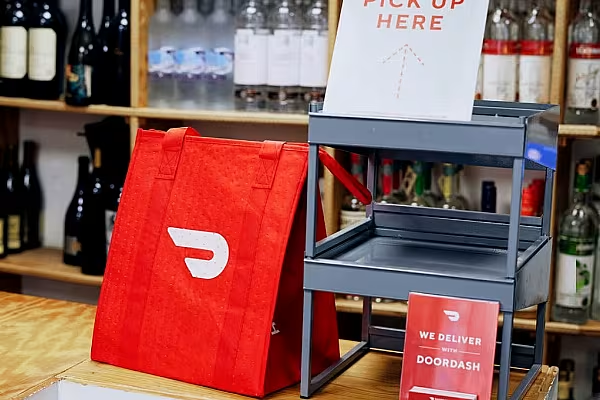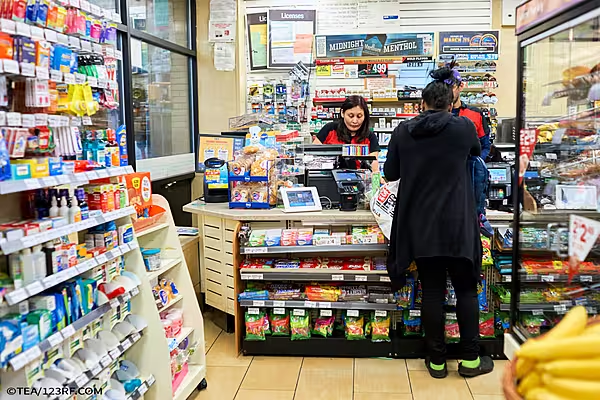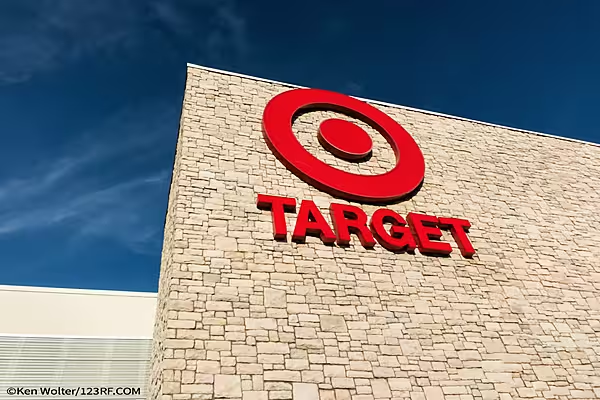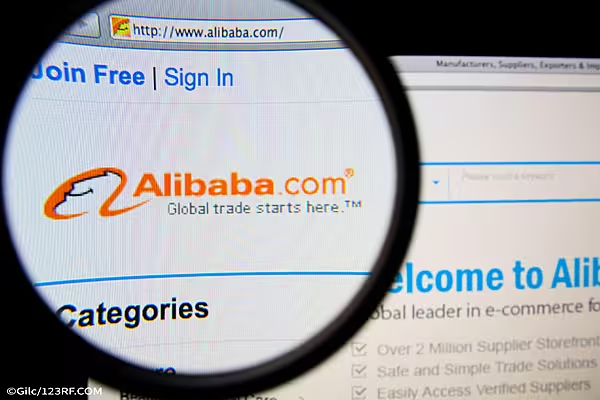Online delivery firm DoorDash forecast third-quarter core profit above expectations and surpassed revenue estimates for the June quarter.
The company has expanded beyond its restaurant delivery business in the U.S. into categories such as grocery and alcohol and has forged new partnerships with retailers to fend off rising competition from Uber Eats and Instacart.
DoorDash expects third-quarter adjusted earnings before tax, interest, depreciation and amortisation (EBITDA) between $470 million (€437.10 million) and $540 million (€502.20 million), compared to LSEG estimates of $453.2 million (€421.48 million).
Total orders jumped 19% to 635 million in the second-quarter from a year earlier. The company, which had disclosed an interest in a takeover of Britain's Deliveroo, said revenue soared 23% to $2.63 billion (€2.45 billion), compared with expectations of $2.54 billion (€2.36 billion).
'Strong' Consumer Demand
"Consumer demand on the platform is stronger than it's ever been," CFO Ravi Inukonda told Reuters.
The results come as investors worry over the firm's ability to grow as U.S. restaurant demand slows. Analysts have called such concerns "overblown".
"We have not seen any decline ... While some restaurants have said in-store traffic is slowing, digital is growing," Inukonda said.
Gross Order Value
DoorDash expects gross order value - a key industry metric that shows total value of all app orders and subscription fees - to be between $19.4 billion (€18.04 billion) and $19.8 billion (€18.41 billion) in the third-quarter, compared with $16.75 billion (€15.57 billion) a year earlier.
"(The) forecast ... was much stronger-than-expected ... reflecting the firm's flexibility in managing expenses," said Northcoast Research's Jim Sanderson, adding costs were growing at a slower pace than revenue.
DoorDash, which has seen higher labour expenses due to new minimum pay regulation in New York City and Seattle for delivery workers, said costs had gone down in the second quarter from the prior three months.
However, it posted an adjusted loss of 18 cents (€0.17) per share in the second quarter, compared to estimates of 9 cents (€0.08).











